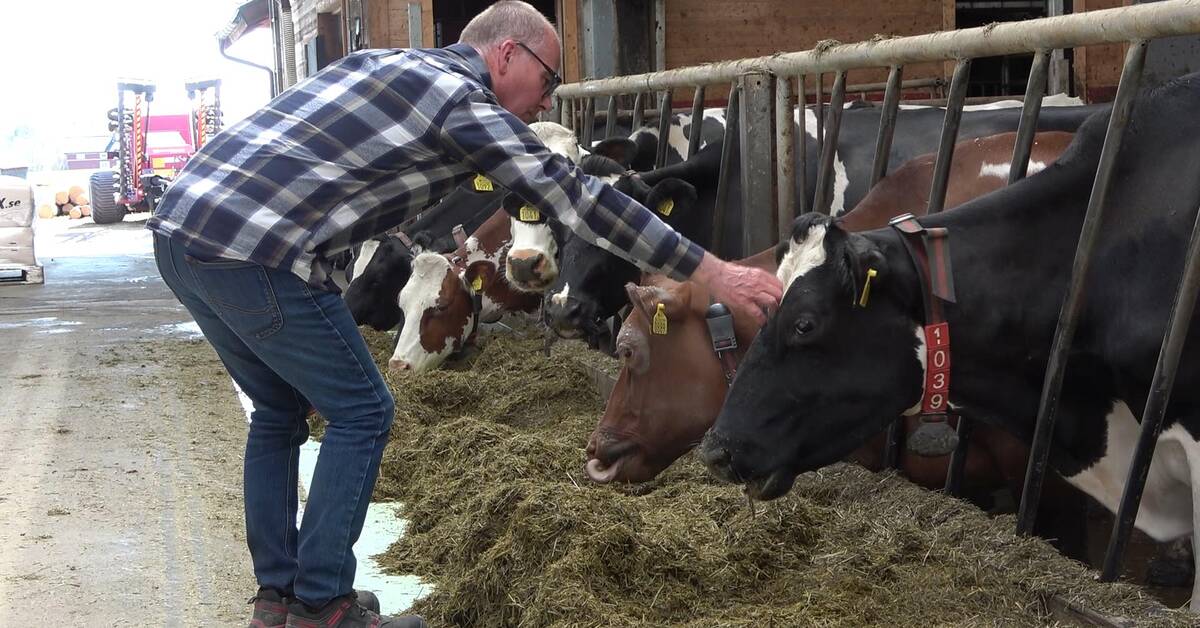16 of the country's 21 regions use biogas buses, and according to calculations from Swedish public transport, the new tax that has now been introduced will mean cost increases totaling SEK 300 million per year.
"This affects sustainable public transport," says Johan Wadman.
Companies hesitate to invest
Biogas is seen as an important piece of the puzzle in the climate transition, but among companies there is now uncertainty about whether they dare to invest.
"We are very doubtful whether we can buy more biogas vehicles," says Rose-Marie Hertzman, press officer at the company Spendrup.
Spendrup has calculated that a biogas truck is up to 30 percent more expensive in fuel than a conventional diesel truck.
"It should cost to drive in an environmentally friendly way, but it can't be unreasonably expensive," she says.
Should biogas really be tax-exempt?
"I'll have to pass that question on to politics. But the business community must at least have reasonable rules so that they know what they have to relate to – and not just one year at a time.
Farmers burn biogas
Many farmers are also affected. One of them is Torgny Widholm outside Hallen in Jämtland, which has its own biogas plant. He has reduced production to a minimum and also burns much of the biogas they still produce – because it becomes too expensive to use it.
"You lose the desire to be a rural entrepreneur," he says.
Hear how much Torgny Widholm loses financially from the biogas tax in the video.
The government hopes for a new decision
In 2020, the European Commission announced that biogas in Sweden would be tax-exempt until 2030. However, the General Court annulled that decision because the Commission had not fulfilled the correct formalities in the decision-making process.
The government writes on its website that they are working for the EU to change its decision. The ambition is to get new approvals for tax exemptions in place as quickly as possible. But if and when this will happen is unclear.

